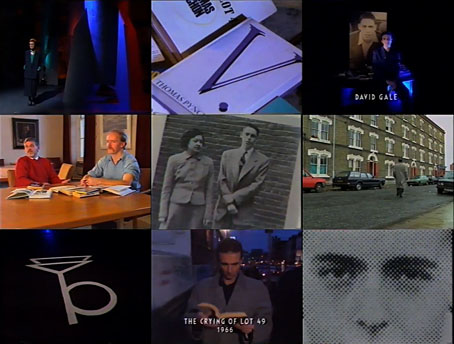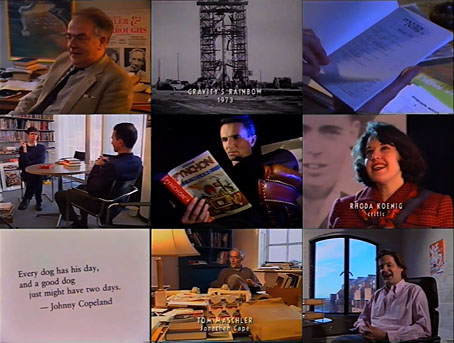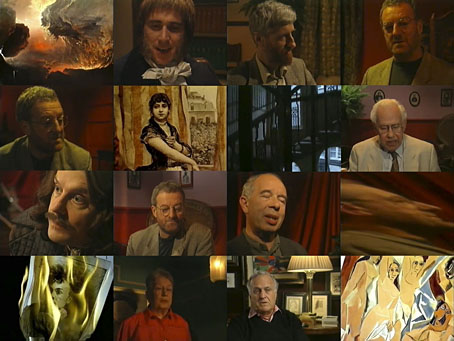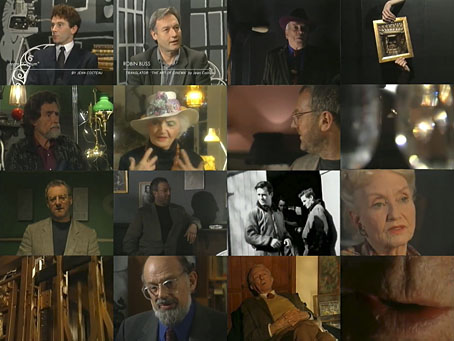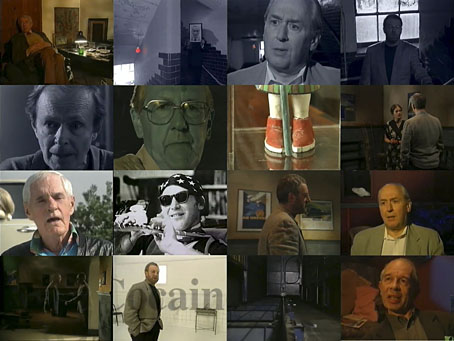Among other things, I’ll remember 2021 as the year of Too Much Work, but it’s also been the year of reading several thousand pages of Thomas Pynchon’s prose. After finally getting through Gravity’s Rainbow back in June (having also read V. and The Crying of Lot 49) I continued with the rest of the Pynchon oeuvre, working my way through Vineland, Mason & Dixon, and Inherent Vice. And after reading the latter I watched the film adaptation again which I found to be much more enjoyable and less confusing the second time round. (Moral: read the novel first). I’m currently ploughing through Against the Day, not worrying too much about how all the various episodes are supposed to join together.
The commendable inaccessibility of Pynchon the man means that documentary features about his books are scarce. Television abhors an authorial vacuum which is why so many TV documentaries about long-dead or otherwise unavailable writers resort to the cliches of a silhouette hammering away at a typewriter, or an actor in period clothing scribbling in a dimly-lit room. The BBC, in the days when it still used to make programmes about books and writers, often evaded the absurdities of docu-drama by the simple expedient of having a suitable actor read portions of prose, which is what we have in this all-too-brief Pynchon feature from 1990. The Late Show was a nightly fixture on BBC 2 at this time, with a remit to cover anything newsworthy in the cultural sphere. Vineland was about to be published in Britain so editor David Gale was called upon to explain to viewers the lure of Pynchon’s novels and their mysterious author. It’s a fascinating piece which achieves in a mere 19 minutes what Thomas Pynchon – A Journey into the Mind of [P.] barely manages in an hour and a half. As with the Dubinis documentary, there’s some discussion of the authorial enigmas but Gale keeps the novels to the fore. It’s amusing with hindsight to hear about the critical disappointment that greeted the arrival of Vineland—Pynchon’s first novel after a silence of 17 years—knowing that the monumental Mason & Dixon would be published a few years later. Commentary is supplied by publishing heavyweights Tom Maschler, Dan Franklin and John Brown (two of whom describe their meetings with the elusive author), together with critic Rhoda Koenig and critic/poet Eric Mottram, here interviewed with a picture of one of his favourite authors, William Burroughs, peering over his shoulder.
Previously on { feuilleton }
• Esoterica 49
• Pynchonian cinema
• Going beyond the zero
• Pynchon and Varo
• Thomas Pynchon – A Journey into the Mind of [P.]

